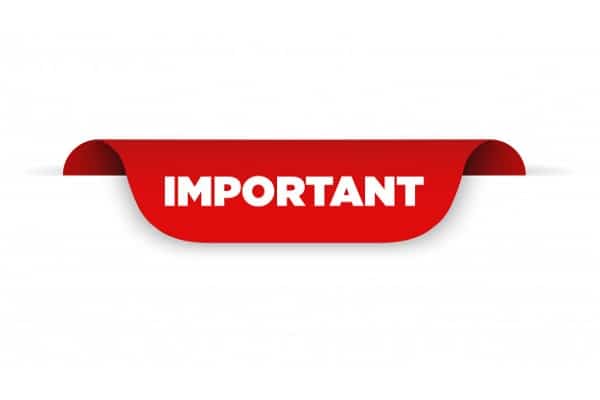How Leads Are Qualified
Many B2B salespeople and business owners are constantly complaining about their sales leads. “We have too many bad sales leads,” they’ll say. Or, “These leads are no good.” Being frustrated with the quality of the sales leads often causes B2B sales teams to fall into a trap of constantly demanding more and more sales leads (with all of the marketing expenses and lost time that this involves), only to discover that they end up back on the same treadmill of “too many bad sales leads.” Instead of wanting “better” sales leads, perhaps your company needs to ask, “What can we do differently to get better results from the sales leads that we already have?”
One of the biggest reasons for complaints about “bad sales leads” is very simple: a lack of inbound lead qualification. Many B2B companies do a surprisingly lackluster job of qualifying their sales leads upfront – lots of companies simply forward their new sales leads to the sales team, without ever asking any questions or doing any preliminary sorting. Or you might see situations where B2B companies route all of their sales leads through a single overworked, undertrained gatekeeper, like a receptionist or administrative assistant, who doesn’t have time to do anything other than taking a message and pass it along to the sales team.
Don’t fall into this trap. Instead of merely passing along your sales leads (your new prospective customer phone calls, inbound e-mail inquiries, etc.), you need to put a process in place to ask sales-related follow-up questions early on – and start to rank, sort and strategize around your sales leads before the first “sales call” ever happens. Spending a bit of time and resources on creating a coherent process for initial inbound lead qualification will pay off big time in the form of long-term sales results – and it will save time for your salespeople and make your sales process more efficient at every step of the sales cycle.
Here are a few reasons why you should not underestimate the importance of inbound lead qualification:
Who’s the First Person to Talk to Your Customer?
Who answers the phone when a new customer calls your company for the first time? Often, this first contact will make a big first impression on the customer – for better or for worse. Aside from basic professionalism and courtesy, today’s B2B buyers are expecting a bit more from the sales process – they need responsiveness and quick answers to questions. If your prospective customer has already started to research prices and features of the solution or category that you sell, then they might be ready to have a more advanced and detailed conversation than a receptionist can provide. That first customer phone call is your chance to start building a sales relationship by asking good questions and uncovering unstated customer needs. This is too important to foist off on a low-ranking staff member who hasn’t been trained in sales skills.
Lead Qualification Helps Build Trust and Create Customer Relationships
From the moment a new customer calls you for the first time, this is your chance to ask sales-related questions and start to uncover the customer’s unspoken needs. You need to ask good open-ended lead-qualifying questions, such as, “What difficulties are you having with your current solution?” or “How is your current solution impacting your overall business operations?” This shows the customer that you care about their overall situation and that you want to build a broader business relationship – you’re not just robotically asking them for their name and contact information. Lead qualifying questions are a way to gauge the customer’s interest, but they’re also a way to demonstrate your curiosity and care for the customer’s overall challenges.
Lead Qualification Gives you a Jumpstart on the Sales Process
Lead qualification questions will help you determine which sales leads are the most promising and highest priority. Instead of passing along all of your sales lead to the sales team, you can figure out which ones are most likely to buy, which ones are most eager to buy, and which ones might need more time for long-range lead nurturing. You can do this as simple as you prefer – for example, by setting up a lead scoring system of “A, B, and C” leads (where “A” leads are the best sales leads and “C” are the least likely to buy). This is an inexact science, but over time you will get better at reading between the lines and hearing the subtle messages in the customer conversations, so you can better predict which leads are “serious buyers” and which ones are just “tire-kickers” who are still doing their preliminary research.
Inbound lead qualification is an underrated, under-appreciated skill that more B2B companies need to consider investing in. It helps you gain valuable visibility into the intentions of your sales prospects, and gives you a way to organize your sales process around your best sales leads. From the moment that customer calls, you can hit the ground running by asking good sales-focused questions and by starting to build a relationship. All of these activities will help make your sales process more efficient and more profitable for the long term.
